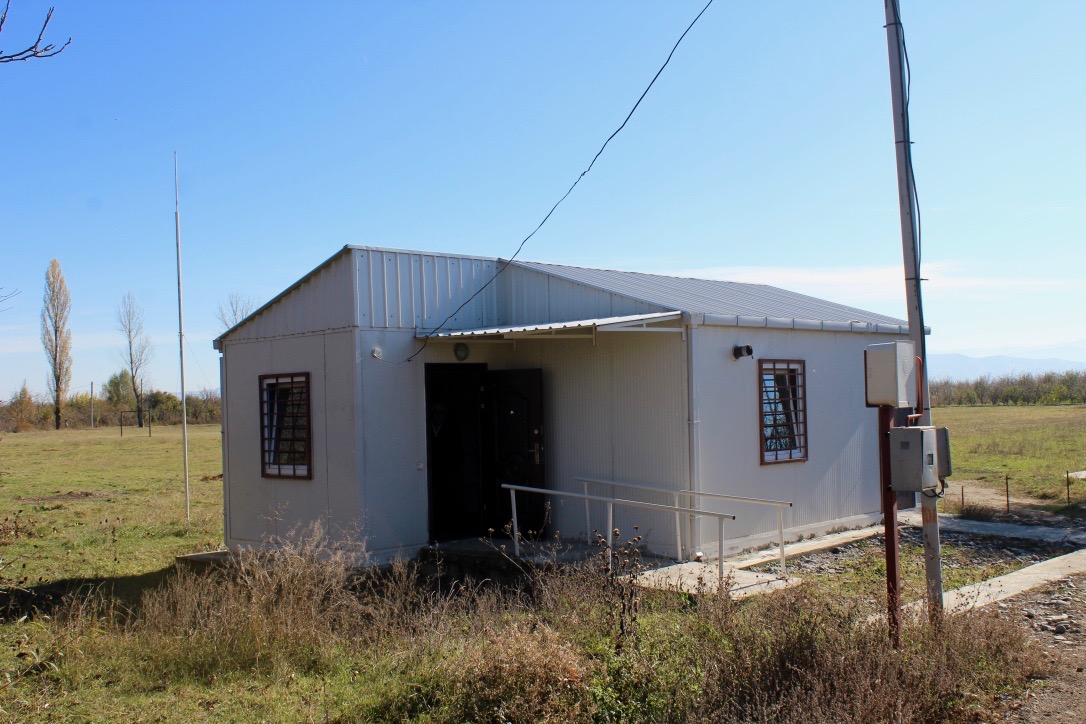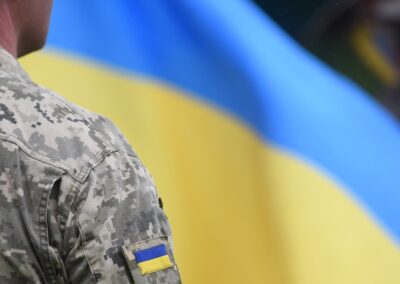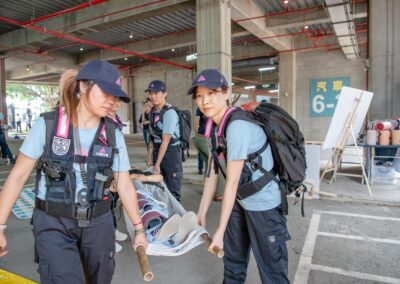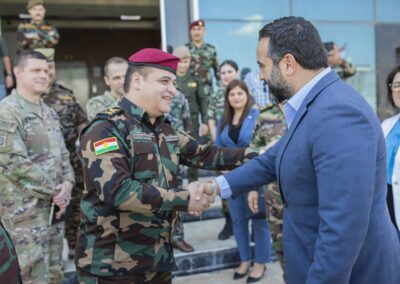
Strengthen US soldiers’ relationships in Georgia
This project is fully funded. Thank you!
Your Impact
With the help of one generous donor, Spirit of America spent $660 to purchase 3 otoscopes, 3 ophthalmoscopes, and 3 baby scales.
The project is fully funded. THANK YOU!
Shortly after Georgia gained its independence from the Soviet Union, a conflict broke out between the autonomous region of Abkhazia and the internationally recognized Georgian government. As a result of this conflict, over 200,000 civilians were displaced inside the country. Most of these internally displaced persons (IDPs) settled in Samegrelo, one of the country’s largest and most populated regions. Recently, the de facto Abkhazian government, along with Russian FSB border forces, closed two of four crossing points between Georgia and breakaway Abkhazia along the Administrative Boundary Line (ABL). Restrictions at the remaining open border crossings have also increased. These new restrictions have increased crossing time and have resulted in the deaths of at least two patients attempting to cross into Georgia-proper for medical care.

Clinics near the ABL, the border that separates breakaway Abkhazia from the rest of Georgia, often have limited supplies to treat and care for the population. Spirit of America is partnering with US soldiers and Georgia healthcare providers to help meet their most critical needs.
Georgia has been a US partner for many years. Bringing stability to the most vulnerable parts of the country by meeting basic needs, like healthcare, greatly benefits the country and region. The US Army team working in Georgia visited three ambulatory clinics in villages along the ABL that serve both IDPs and local residents. These clinics see 30-100 patients weekly but lack basic equipment to provide the required level of care. When the Army team identified some immediate needs that, if met, would have significant impacts on the medical providers’ ability to better serve the local population, they reached out to Spirit of America. The team explained that the clinics lacked funding and were in desperate need of infant scales and other medical equipment.
With your support, Spirit of America can provide the required medical equipment that will greatly improve the level of care the clinics can provide for newborns, mothers, and other patients, while also strengthening the relationship between the US soldiers and the local population along the ABL.




